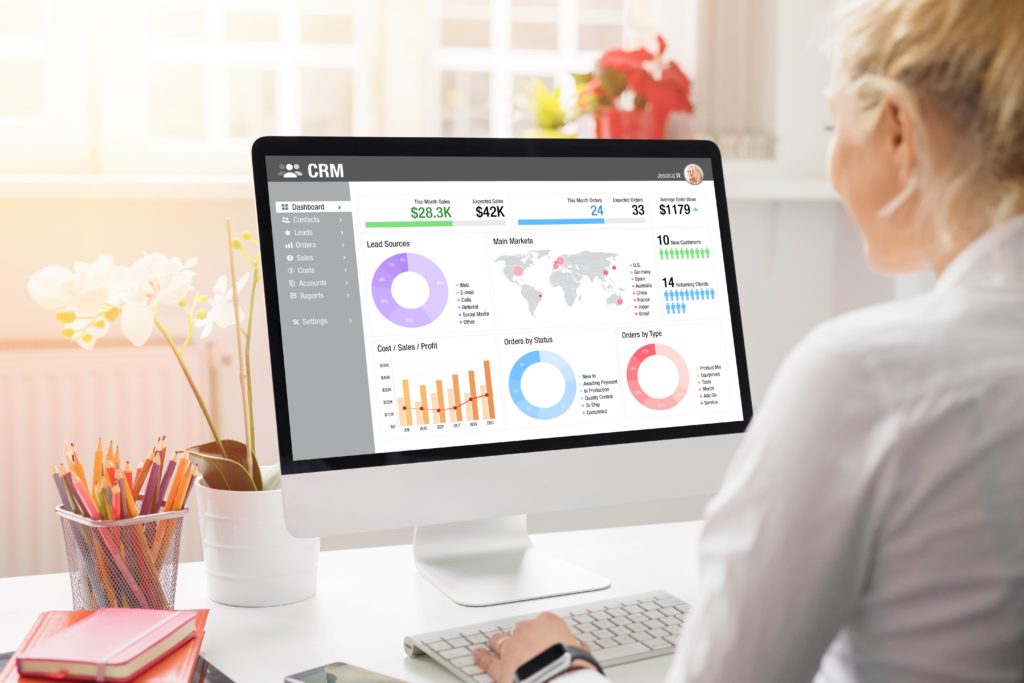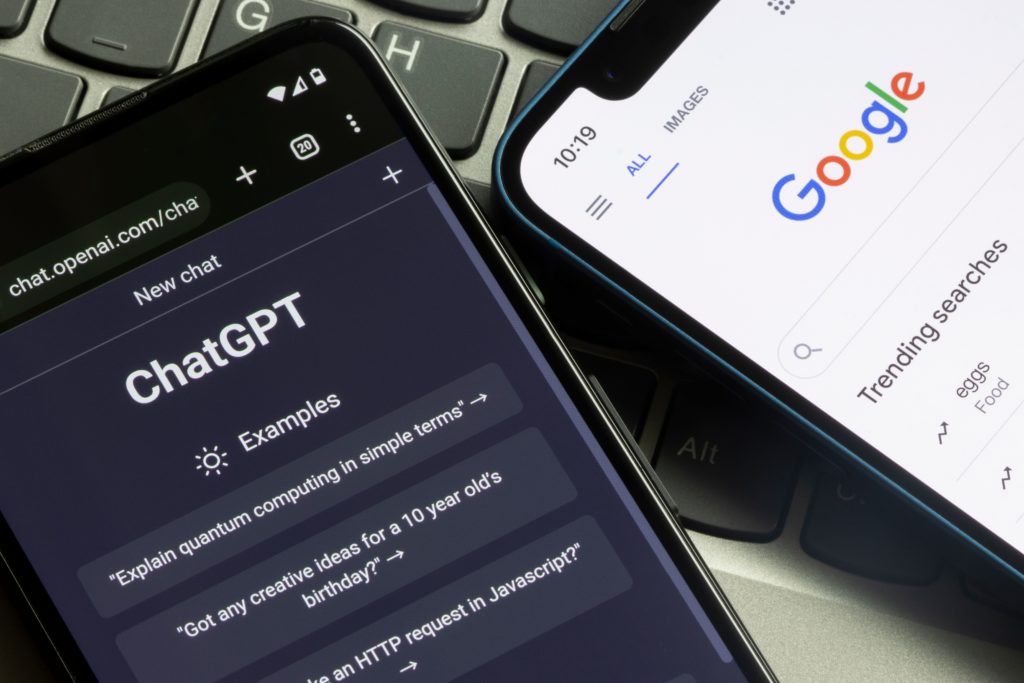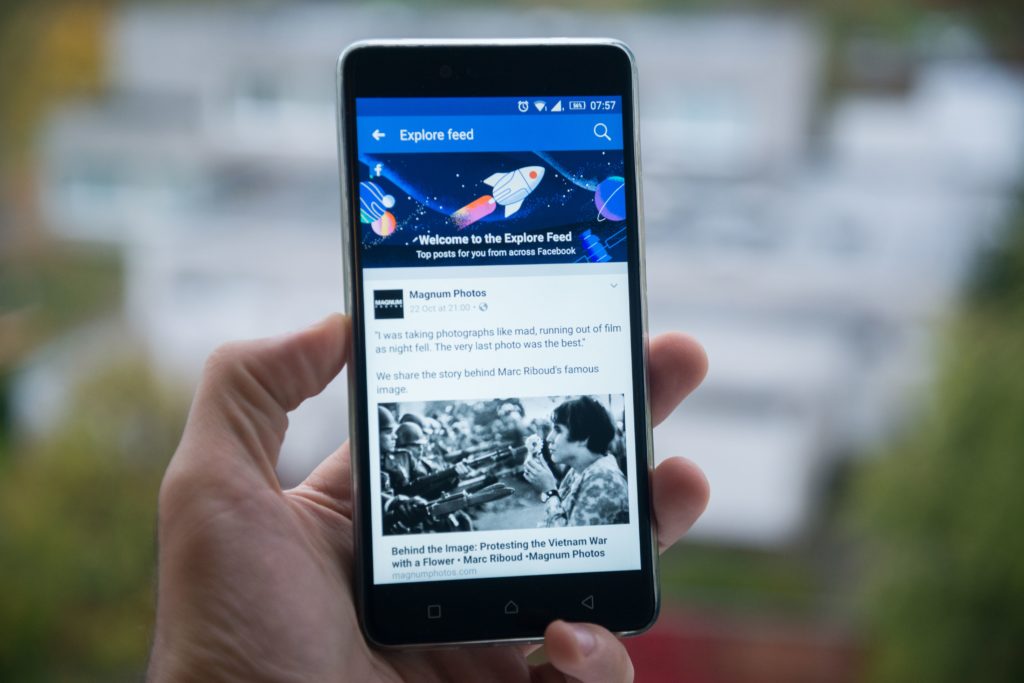In the ever-evolving business world, staying ahead of the curve is crucial to success. And in 2023, one of the most powerful tools available to brands is AI. Artificial Intelligence (AI) has been revolutionizing various business processes, and marketing is no exception.
AI marketing uses AI-powered tools and technologies to optimize marketing strategies, predict customer behavior, personalize content, and streamline processes.
In short, AI marketing is about leveraging the power of data and machine learning to create more efficient, effective, and personalized marketing campaigns.
Why has AI become important in marketing?
The importance of AI marketing cannot be overstated. As customers become more sophisticated and demand more personalized experiences, businesses need to adapt by developing smarter marketing strategies.
AI marketing offers a way to do just that by providing businesses with the tools they need to understand their customers better, anticipate their needs, and deliver tailored marketing messages. Moreover, AI marketing helps companies improve their ROI by reducing costs, increasing efficiency, and generating more revenue.
In this blog, we’ll explore the various ways AI can help your business grow.
4 Ways AI Marketing Can Help Your Business
1. Understanding your audience
One of the key benefits of AI marketing is the ability to understand your audience better. Businesses can gain insights into customers’ preferences, behaviors, and interests by collecting and analyzing customer data. These information let brands personalize their marketing efforts and create more targeted and effective customer experience campaigns.
Collecting and analyzing customer data

AI-powered tools like CRM software and marketing automation platforms can help businesses collect and analyze customer data. These tools can track customer interactions with your website, social media pages, and email campaigns, providing valuable insights into their behavior and preferences. You can then use these data to create detailed customer profiles and better understand their audience.
Personalizing marketing efforts
Once you’ve collected and analyzed customer data, you can use AI insights to personalize your marketing operations. AI-backed tools can analyze customer data in real-time, allowing businesses to deliver personalized content and offers to individual customers.
For example, AI can help brands create personalized email campaigns based on a customer’s purchase history, browsing behavior, and preferences.
Predicting customer behavior
You can also use AI tools to predict customer behavior. These tools identify patterns and trends by analyzing customer data to help you anticipate customer needs and preferences.
Ultimately, AI can help businesses create more effective marketing campaigns tailored to their audience’s interests and behavior.
For example, AI-based tools can predict when a customer will most likely purchase, allowing businesses to deliver targeted promotions at the right time with their digital marketing campaigns.
2. Enhancing your content strategy
In addition to understanding your audience, AI can improve your content strategy. By leveraging actionable insights, you can create more relevant and engaging content, optimize content for SEO, and streamline your content creation process.
Creating relevant and engaging content

AI-powered tools help you create more relevant and engaging content. Natural language processing (NLP) algorithms can analyze customer data to identify the topics and themes most relevant to your audience. This information enables you to create content that is more likely to resonate with your audience.
There are also AI writing tools that can generate content automatically, such as product descriptions or social media posts.
Optimizing content for SEO
SEO is critical for driving website traffic and improving search engine rankings. AI tools can optimize content for SEO by analyzing keyword trends, identifying relevant keywords, and providing suggestions for optimizing on-page content. For example, AI can identify the optimal length for blog posts or suggest changes to improve readability and keyword density.
Streamlining content creation
Creating high-quality content can be a time-consuming and resource-intensive process. But you can simplify this process with AI. AI-based tools streamline content creation by automating research, drafting, and editing tasks.
For example, AI can assist with research by identifying relevant sources, summarizing key points, or suggesting edits to improve grammar, tone, and style.

Tools like Jasper.AI take the sting out of writing (Image Source: Jasper.ai)
3. Boost your social media marketing
Another area where you can leverage AI marketing to grow is social media. Social media platforms have become key channels for businesses to reach their audience and promote their brand. With AI-backed tools, businesses can optimize their social media strategy, create engaging content, and automate posting.
Leveraging AI-powered social media analytics
AI-based social media analytics provide valuable insights into your audience’s behavior and preferences. These insights can help you identify strategic times to post, the types of content that perform best, and the topics and themes that are most relevant to your audience.
Optimizing social media content

AI-driven tools can optimize their social media content as well. For example, image recognition algorithms can analyze the content of images to determine the most effective visual elements to include in social media posts. Similarly, NLP algorithms can analyze the text of social media posts to identify the most effective language and tone to use.
Automating social media posting
Posting on social media platforms can be time-consuming, especially for businesses that manage multiple accounts. You can use AI to automate the posting process and lighten your workload. For instance, AI can schedule posts in advance and optimize the posting schedule based on audience behavior.
4. Improve your website
Your website performance can also benefit from AI. AI tools can optimize your user experience, personalize content, and analyze website data, allowing you to improve website engagement, increase conversions, and grow your customer base.
Optimizing website user experience

User experience (UX) is a critical factor in website performance. Luckily, you have AI-powered tools to help you work on your UX. AI can analyze website data to identify areas where the user experience can be improved.
For example, you can use AI to identify pages that have high bounce rates or low engagement and suggest changes to improve the user experience. AI can also assist with website testing by automatically creating variations of website elements, such as headlines or calls to action, and testing them to determine the most effective version.
Personalizing website content
Personalization is becoming increasingly important for customer engagement. With AI-backed tools, you can personalize website content based on individual user behavior and preferences.
For instance, AI can analyze customer data to identify the products or services that are most relevant to a particular user and display personalized recommendations or offers. It can also personalize website content based on the user’s location, time of day, or other contextual factors.
Analyzing website data with AI-powered analytics

AI-based analytics can provide businesses with valuable insights into website performance. According to Harvard Business Review, AI can analyze website data to identify patterns in user behavior, such as the most frequently visited pages or actions that are most commonly taken. This information can help you optimize website content and design to improve engagement and conversions.
AI-powered analytics can also assist website testing by automatically generating and analyzing A/B tests to determine the most effective website elements.
Frequently Asked Questions
1. What kind of data can AI marketing analyze?
AI marketing can analyze various data, including customer behavior, demographics, preferences, and purchase history. It can also analyze data from social media, email campaigns, website traffic, and other digital channels to give businesses valuable insights into customer behavior and preferences.
2. How can AI marketing help businesses personalize their marketing efforts?
AI marketing can help businesses personalize marketing efforts by analyzing customer data and preferences and creating targeted marketing campaigns. One example is using AI to personalize email campaigns based on customer behavior and purchase history. You can also create targeted social media ads based on user demographics and interests.
3. Is AI marketing only for large businesses?
No, AI tools and services are becoming more accessible and affordable for businesses of all sizes. Many AI marketing tools offer tiered pricing plans that cater to businesses with varying budgets and needs. Additionally, businesses can start small by experimenting with AI-enabled features such as website personalization or email automation before scaling up to more advanced AI marketing strategies.
Catapult Business Success with AI
AI is a powerful tool for businesses looking to grow and engage their audience. Businesses can collect and analyze customer data by leveraging AI insights and tools, personalize marketing efforts, and automate workflows to improve engagement and conversions.
You can also use a business process diagram as a useful visual representation of the steps involved in implementing AI marketing strategies, guiding your business towards successful implementation and growth.
Ultimately, AI marketing can provide you with valuable insights and tools to drive business growth, from enhancing content strategies to optimizing social media presence and email marketing campaigns.







